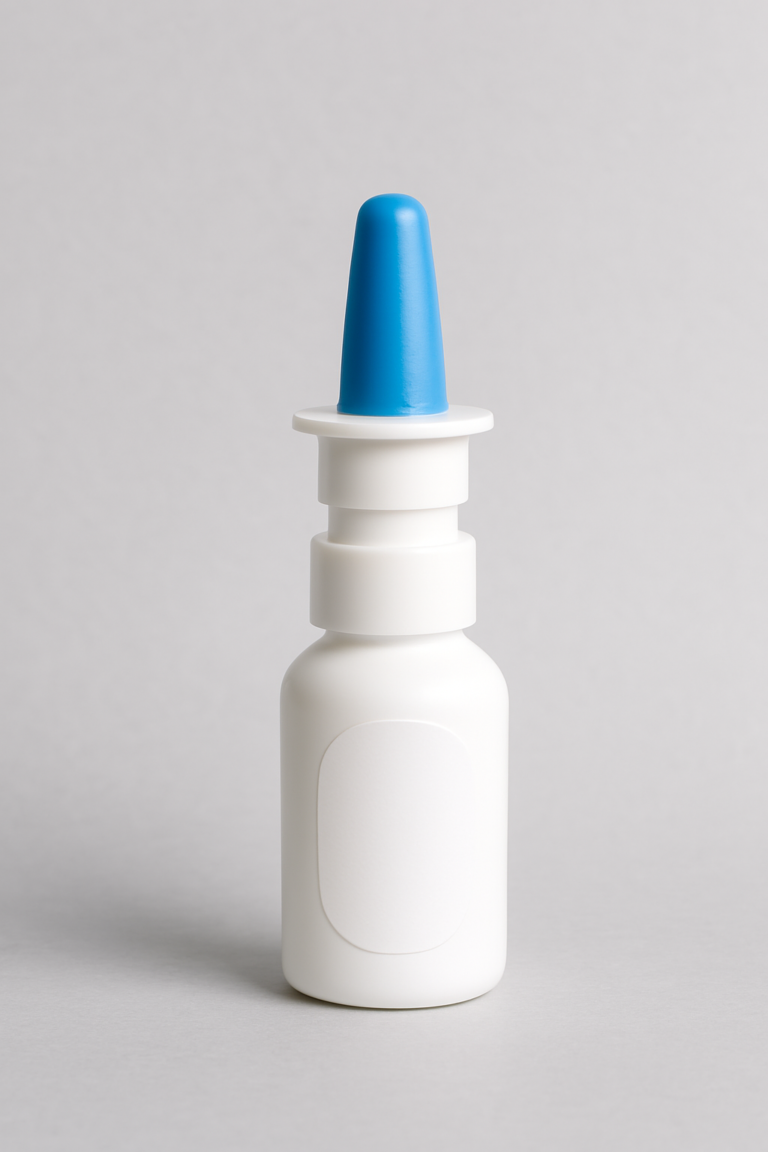How Dental Health Contributes to Overall Well-being
The Surprising Connection Between Oral and Overall Health
Did you know that your oral health can have implications beyond your mouth? It’s true! The state of your oral health is deeply intertwined with your overall well-being. For many, this might seem surprising, but the reality is that the health of your mouth can reflect and affect the health of your entire body. For instance, numerous studies have shown a tangible link between dental health and systemic conditions such as heart disease and diabetes. Maintaining a healthy mouth goes beyond preventing cavities and gum disease; it’s about nurturing your whole body. By choosing Vadip dental insurance with Delta Dental, individuals embark on a comprehensive approach that supports both dental and systemic health. There’s compelling research that underscores this connection. For instance, bacteria from global dental issues, like gum disease, can enter the bloodstream, which may exacerbate or even lead to specific health conditions. Studies have highlighted a potential correlation between periodontal disease and heart conditions. The Harvard Health Blog notes that inflammation and bacteria in the mouth are involved in conditions affecting other parts of the body, providing another reason to prioritize oral hygiene.
Recognizing the Signs of Good and Poor Dental Health
Recognizing the signs of healthy versus unhealthy gums and teeth can be pivotal in maintaining oral health and catching potential issues early. Healthy gums are typically pink and firm; if they appear red and swollen, it may indicate gum disease or other problems. Moreover, monitoring for persistent bad breath, which could signal an underlying dental or medical condition, is crucial in your self-check routine. It’s important to periodically perform these assessments because they empower individuals to partner more effectively with their dental care providers, addressing any discrepancies before they evolve into significant problems. Never hesitate to consult with dental professionals when in doubt, as their expertise can provide clarity and peace of mind.
Daily Habits for Optimal Oral Hygiene
Establishing impeccable daily oral care routines can significantly impact long-term dental health. The foundational habits include brushing teeth twice daily with fluoride toothpaste, flossing daily to remove plaque between teeth where the toothbrush can’t reach, and using an antibacterial mouthwash to reduce oral bacteria. Moreover, innovative tools such as electric toothbrushes and water flossers can enhance cleaning efficiency, reaching crevices that are typically tough to clean. Consistently practicing these habits aids in the removal of plaque buildup, combats gum disease, and promotes overall good oral hygiene. Individuals committed to these routines can often attest to the significant difference it makes in maintaining a fresh breath, healthy gums, and strong teeth.
The Role of Diet and Lifestyle in Dental Health
Nutrition and lifestyle choices play profound roles in dental health. Integrating foods rich in essential nutrients can bolster oral health. For instance, calcium-fortified foods such as dairy products and leafy greens are known to strengthen teeth, while phosphorus in fish and eggs aids in protecting tooth enamel. Furthermore, high-fiber fruits and vegetables require more chewing, which increases saliva flow and naturally helps clean the teeth. Lifestyle choices, such as avoiding tobacco and moderating sugary snacks and drinks, contribute significantly to long-term dental health. Aligning one’s diet with these principles supports strong teeth and gums.
Common Dental Issues and How to Prevent Them
Cavities and gingivitis are widespread dental issues that individuals might encounter but are preventable with diligent care. Regular brushing and dental checkups serve as the first line of defense. Plaque, a sticky film that coats the teeth, can lead to cavities and gum problems if not effectively cleaned away. Regular brushing, especially after meals, and frequent flossing to remove debris between teeth thwart plaque’s harmful effects. Moreover, avoiding sugary and acidic foods protects the enamel from erosion. When integrated into daily routines, these preventive measures significantly reduce the chances of developing oral health issues and support the maintenance of a healthy mouth.
The Importance of Routine Dental Visits
Regular dental visits play an indispensable role in maintaining oral health. During these appointments, professional dental cleanings help remove hardened plaque that the toothbrush can’t address. These visits also facilitate early detection of potential issues, such as cavities or signs of gum disease, making them easier to address before they escalate. By seeing a dentist regularly, individuals can receive bespoke advice tailored to their specific oral health needs, ensuring a proactive approach to dental care.
Special Considerations for Different Age Groups
Dental care must evolve across one’s lifespan, varying significantly from childhood to old age. For children, regular checkups can aid in early interventions needed for orthodontic care, and sealants can protect their developing teeth from decay. Adults face different challenges, often focusing on preventing gum disease and maintaining tooth strength. Meanwhile, seniors may need to guard against dry mouth and tooth wear due to aging. Recognizing these changing needs ensures that individuals receive appropriate care, keeping their smiles bright from childhood to their golden years.
Finding Support and Resources for Dental Health
Access to dental health resources makes a significant difference in promoting long-term oral health. Today, many community initiatives and online platforms offer valuable information and support. Resources for various dental health endeavors are available, from educational programs teaching effective oral hygiene practices to affordable dental services outreach units. Access to these support systems empowers individuals to take charge of their oral health and ensures that dental care remains accessible and affordable. Dental insurance plans are valuable for many, bridging the gap between financial constraints and necessary dental care.







